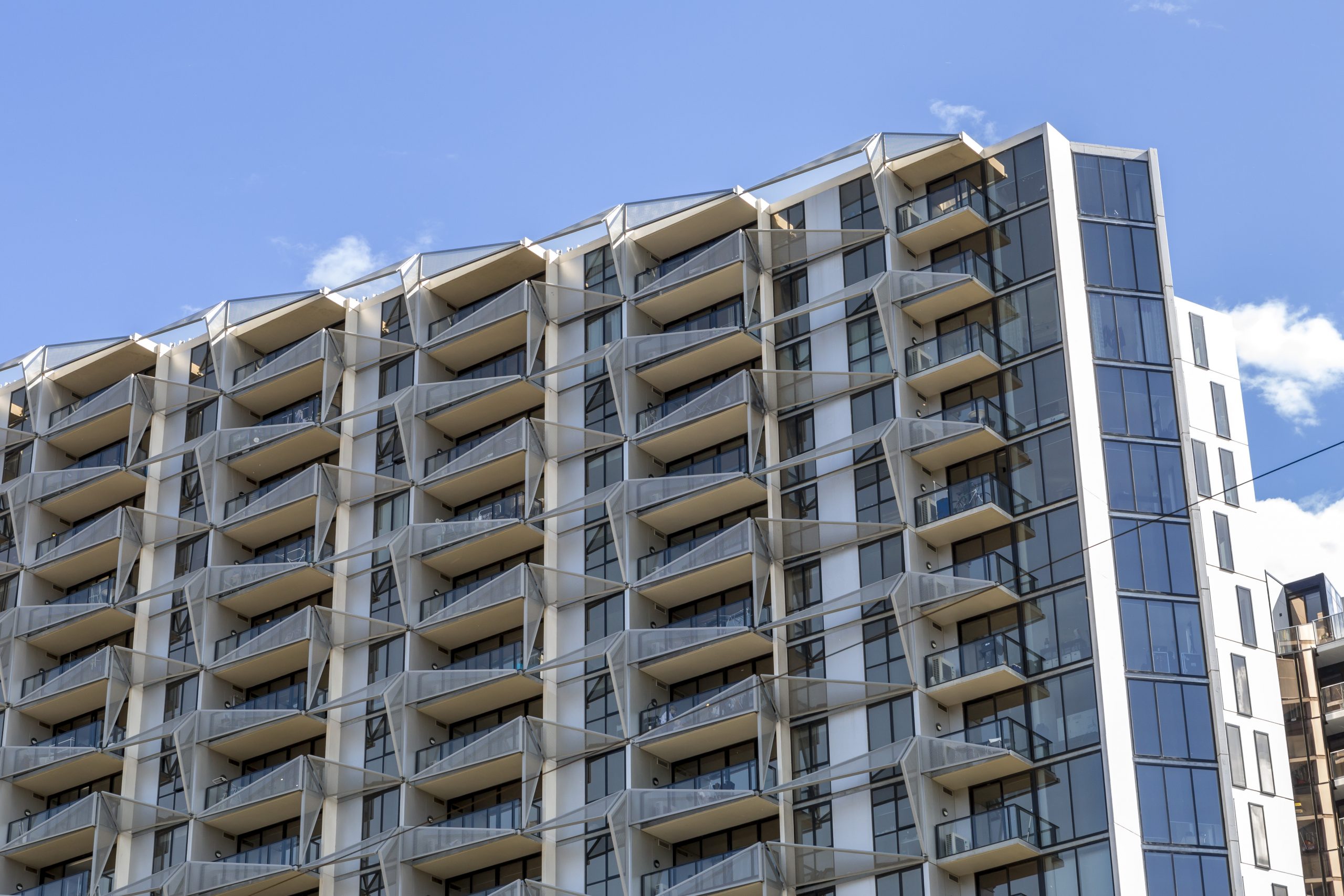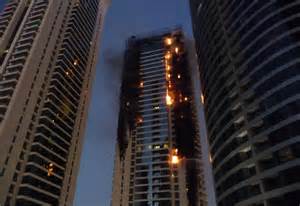The 2017 Grenfell Tower fire in London put combustible building materials, legislation, and industry practices under the spotlight, and highlighted the fatal failings of the combustible materials used in the external wall. The lessons learnt from Grenfell were not lost on the Australian market, where we have endured our own, albeit less extreme, façade fires which led to an industry wide realisation of the dangers of polyethene-cored Aluminium Composite Panels (ACP) and the costly repercussions of non-compliant external wall build ups.
Following the Lacrosse fire in Melbourne in 2014, it became widely understood that polyethylene found in the commonly used ACPs has a low oxygen index, and in a fire scenario the core readily melts and drips while ignited, further increasing fire spread. A major challenge of building product specifiers at the time was sourcing an aluminium product that had the same visual appeal as an ACP but without the serious safety concerns.
At the time, Fairview had invested heavily in research and development in non-combustible aluminium façade options. Through this development, Vitracore G2 was bought to market by Fairview, as the first bonded laminate to be deemed as ‘non-combustible’ in Australia. This has been no mean feat for the Fairview team, with complex building codes and regulations; and stringent compliance requirements that must be met before a product can be approved for sale.
“The Fairview innovation team identified a gap in the market and have worked hard to give our customers a smart, lightweight, fire-safe cladding option. Vitracore G2 is the fully compliant and safe solution that our customers were looking for.”
Andrew Gillies, Managing Director, Fairview
Why Bonded Aluminium Panels are Deemed Non-Combustible Cladding.
Over the last few years, solid aluminium panels have gained popularity because solid aluminum cladding does not contain any combustible materials, properties or core, so by its very nature it doesn’t pose a fire threat. Many coating systems also have advantages of being flexible and corrosion resistant.
More recently, bonded aluminium panels like Vitracore G2, have proven their performance against solid aluminium products, as well as being the cost-efficient option in what continues to be a volatile metal market.
Vitracore G2 is a profiled aluminium panel, with aluminium skins and a core carefully engineered and constructed from a complete aluminium structure, rather than a combustible material. It was introduced into the Australian market in 2016 by Fairview and today over one million sqm of Vitracore G2 Bonded Aluminium Panels have been installed across Australia in new buildings and cladding rectification projects.
The bonded aluminium panel also comes with cost benefits and easy installation, and meets compliance, insurance, and design standards. When it comes to fire safety, it is one of the smartest product choices available for application on Type A, B and C constructions including hospitals, mixed-use developments, and residential projects. Vitracore G2 is also readily available with short lead times, which is a plus with the current supply chain challenges caused by Covid-19.
Vitracore G2, a bonded aluminium panel solution with a non-combustible profiled aluminium core, is visually equivalent to traditional ACPs while also offering the architectural benefits of ACPs. It is lightweight, rigid, and durable – and can be used to safely replace non-compliant ACP as it does not contain the combustible core material.
What is the Bonded Laminates Clause?
C1.9(e)(vii), commonly known as The Bonded Laminates Clause - within the context of a wider testing, approval, and compliance process - provides a very transparent and unambiguous pathway for bonded laminated materials of which Vitracore G2 is but a single example.
“The bonded laminate clause has existed as part of the Building Code of Australia since it was first produced in 1993.” - Alan Todhunter (Materials and Durability Scientist, Western Sydney University)
In lab or real-life style tests, Vitracore G2 has been independently assessed as compliant across several test formats deemed suitable to the National Construction Code. Note, G2 performs better in full-scale tests than most FR or A2 panels do. G2 has never been involved in any serious or fatal incident and, in the real world, inhibits fire.
Bonded Laminates Clause and its importance in the NCC and building industry.
As stated in the bonded laminate materials overview released by the ABCB there is no explicit evidence as to the potential damage from, or actual misuse of, the bonded laminates clause. There is, however, a lot of commercially driven scaremongering about the clause.
How important is a DTS pathway for bonded laminates for the industry?
“Traditionally it has been important as it has been the simplest way to demonstrate compliance with the NCC and enabled manufacturers to make product compliance claims as a result,” Mr. Todhunter says.
As the NCC is a performance-based regulation, product performance is an important means to demonstrate compliance to the NCC, in a world where building methods and products are rapidly changing.
Recent reports suggest that approximately 3,400 buildings in Australia have potentially flammable cladding. The cost to property owners will be significant – economic estimates suggest that it could cost over $6.2 billion to rectify the use of combustible cladding nationwide.
The use of aluminium bonded laminate materials such as Vitracore G2 has significant advantages over solid panels in their machinability and fabrication, cost efficiencies, strength and rigidity, weight, and aesthetic appearance. Make the smart choice and find out more about Vitracore G2 today.
Ensure you are making an educated choice for your cladding. Fairview have released a new eBook on the truth about fire-safety and bonded laminates. Get your copy HERE.



